Groundwater has been the main source of water for drinking and irrigation. It is also the source of arsenic poisoning that affects millions of people in Bangladesh. Despite its importance, very little information is available in the public domain on this enigmatic resource. On the other hand, vast amounts of information exist in unpublished project reports and the like. For the first time, this book brings together the key elements of this work as well as presenting an up to date perspective on the problems and prospects for the future use of groundwater in Bangladesh. Drawing on a team on national and international experts, the editors provide a comprehensive and up to date account of the science and practice of groundwater resources and their development. Starting with an account of how geology determines where groundwater can be found, the book goes to discuss the controversies concerning how much groundwater is currently being exploited, and how much more water might be available for development. The book explains how tubewell irrigation has been used to drive the Green Revolution in Bangladesh and some of the negative consequences that have accompanied unfettered development. Finally, the book concludes with an account of the arsenic crisis–its causes, extent and how it impacts on the health of the people, and the technical solutions that may be used to provide safe drinking water to the people of Bangladesh.
Environmental Aspects of Surface Water Systems of Bangladesh
Bangladesh is the worlds ...
$26.12
$27.50

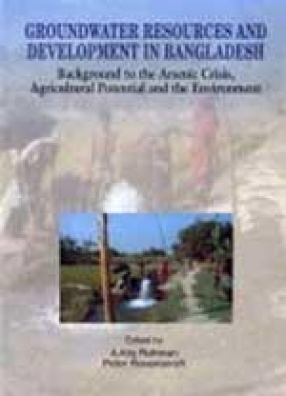
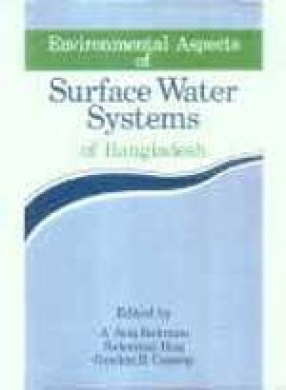

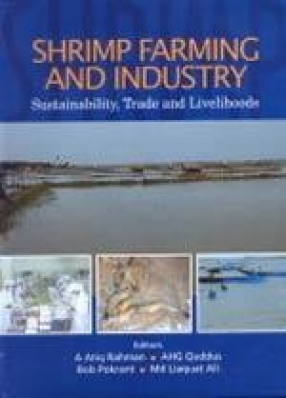
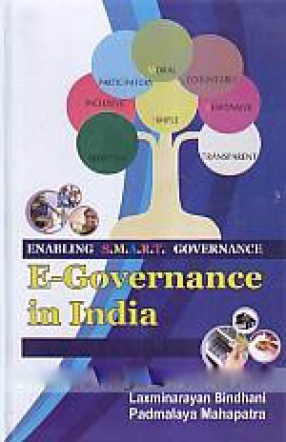

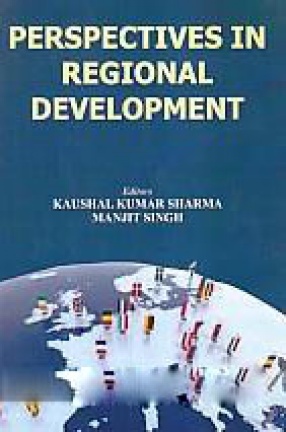
There are no reviews yet.